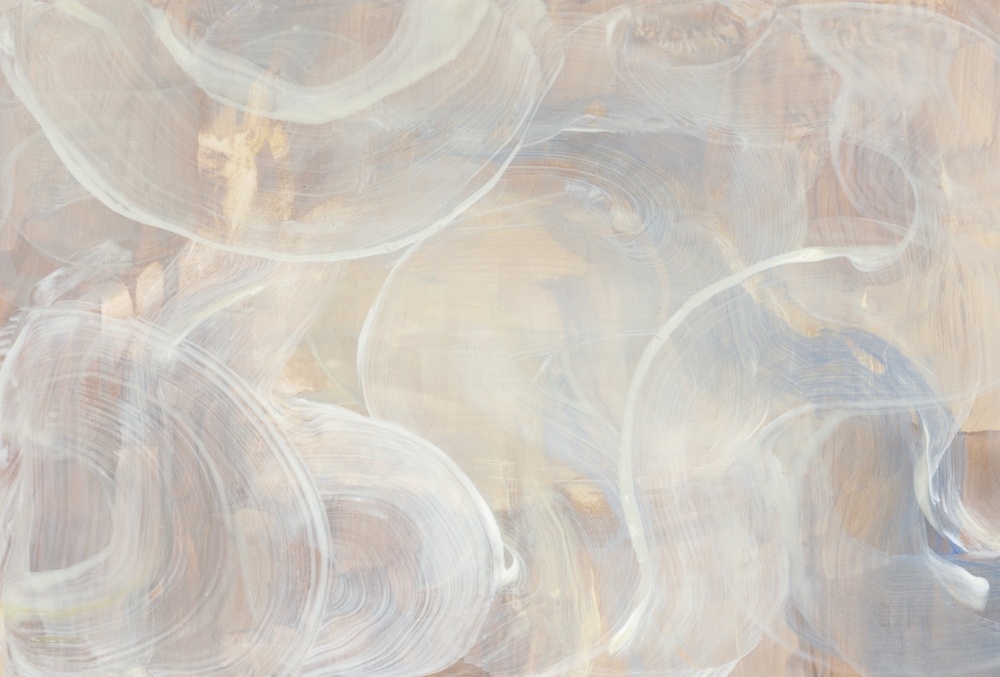
“In the merit of righteous women of that generation we were redeemed from Egypt” (Sotah 11b). Sefer Shemot introduces us to a number of righteous women, most of whom are unnamed. We meet “bat Levi, the daughter of Levi” who married a man from the house of Levi despite the decree to kill male Jewish babies. We meet “Achoto” the sister of the unnamed baby of this unnamed couple and “the daughter of Pharaoh” who saves and names the future redeemer of the Jewish people. Who knows where Moshe might have ended up had he not met the “seven daughters” of Yitro?
All these heroines, in one way or another, follow in the path of the first people worthy to bring about the redemption, namely Shifra and Puah, the “meyaldot haivriot, the Hebrew midwives”. It is they who set the model for others to emulate fearlessly standing up to Pharaoh despite the great risks involved.
Who were these righteous women who feared G-d and thus took the extremely dangerous decision to defy Pharaoh’s instructions to throw Jewish male babies into the river?
Their heroism is often held up as an example of how, with courage and conviction, one can stand up and defeat evil. Yet as important as confronting evil is, many who have stood up for evil have had evil perpetrated against them. Confronting evil often entails great sacrifice. Furthermore, those who confront evil – to understate the sad reality – do not always succeed in doing so, and Shifra and Puah are no exception.
“The midwives feared G-d and did not do as the king of Egypt had spoken to them, but they enabled the children to live” (Shemot 1:17). Pharaoh confronts them asking why they are not following orders; they give a fanciful answer and the story ends with a rather cryptic verse “And because (when?[1]) the meyaldot feared G-d, houses were made for them”. Who made these houses and what exactly they were we are not told. Presumably it does not refer to them purchasing a new home in which to live.
Rashi, understands that is was G-d who built them “homes”, homes of royalty and spiritual leadership. Claiming that Shifra and Puah were none other than Yocheved and Miriam G-d rewarded them that their descendants shall be both the priests and kings of Israel[2]. Rashi’s grandson, the Rashbam argued that it was Pharaoh who built them houses – and not as a reward for what they did. Rather he put them under "house arrest" to ensure they would come nowhere near Jewish babies. Clearly, Pharaoh did not buy the rather weak argument of Shifra and Puah that they tried to carry out Pharaohs order, however, “because the Hebrew women are not like the Egyptian women: they are like animals[3], before the midwife can come to them, they have given birth.” Instead he had them arrested. We never hear from them again and as to their ultimate fate we are never told and. Surely, it would be no surprise if he had them killed.
What the Torah does tell us in the very next verse is that “Pharaoh commanded all his people, saying, "Every [Jewish[4]] son who is born you shall cast into the river, and every daughter you shall allow to live" (Shemot 1:21). Not able to trust the midwives – who knows if the next midwives would be any different – Pharaoh commands all to implement his plan, hoping to solve his fear of the large immigrant population.
Despite their best efforts the meyaldot “failed” in their attempts to thwart Pharaoh’s plans. The command to all to kill Jewish babies is followed by the birth and miraculous survival of Moshe. Presumably – though the text is silent on this point – many, perhaps most or even all Jewish babies born during this decree did not survive[5].
Despite the limited impact Shifra and Puah may have had in the moment, it is they who are the first heroes of Sefer Shemot, the book of redemption. Their fear of G-d gave them the strength to stand up to evil and as true heroes they were willing to put their life on the line to fight for what is right. We do not know if they were Jewish or not – the Torah is purposefully vague on that matter – and that is the point. Fearing G-d and fighting evil must be universal ideas.
Our Sages teach that “one who saves one life scripture attributes to them as if they have saved an entire world” (Sanhedrin37a). Shifra and Puah may not have thwarted Pharaoh they saved many worlds. Our task is to emulate them; how “successful” we will be is up to G-d. May He ensure our best efforts are met with much success.
[1] The Hebrew word ki has at least four meanings the two most common being if and when.
[2] Yocheved’s (Shifra) son Aharon is the first kohen, priest, and Miriam’s (Puah) descendants marry into the family of King David.
[3] The Hebrew word used is chayot, which is why I have translated it above as animals, the plain meaning of the word chayot. The Hebrews were, in line with Rashi’s second explanation of this phrase, like animals in the sense that they needed no help in giving birth.
Interestingly, all five English translations that I consulted follow along the lines of the first explanation of Rashi that the Hebrew woman were experts in birthing (some use the word vigorous) and hence could independently give birth quickly and unaided. I understand why the translators may not want to call Jewish woman animals but doing so robs the verse of the argument of the melyadot. In trying to demonstrate that they would have loved to carry out Pharaoh’s decree they referred to the Jews as sub-human.
[4] Rashi following the Midrashic lead says that Pharaoh hearing from his astrologers that a male child would be born who would redeem the Jewish people. Not knowing if this redeemer would be a Jew or an Egyptian he ordered all male babies thrown in the Nile. While this Midrash has many powerful teachings, the contextual (pshat) reading in likely that it refers to Jewish babies – though it is important to note that there is no reference to Jews in Pharaoh’s command. At the same time Onkelos who translates the text into Aramaic adds in the word leyehudai, babies born to Jews.
[5] The decree was apparently short-lived and was rescinded soon after Moshe was born (Sotah 12b) - likely due to the protestations of Pharaoh's daughter.

